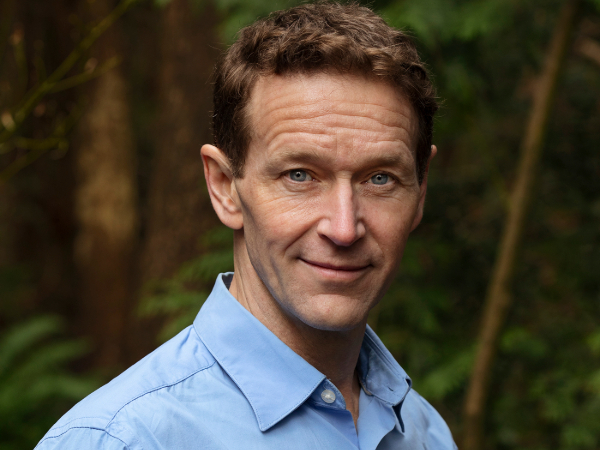
Our staff writer, Leeann Sausser, recently read J.B. MacKinnon‘s book “The Day the World Stops Shopping: How Ending Consumerism Saves the Environment and Ourselves.” She shares her review in this week’s blog post.
What if we all lived with fewer possessions, used household items longer, and learned to repair our own clothes? The conflict between the economy demanding more shopping and the planet demanding less is not a challenge solved in one book. But J.B. MacKinnon tackles this conundrum in The Day the World Stops Shopping: How Ending Consumerism Saves the Environment and Ourselves by evaluating existing and historical examples of how reducing, and in some cases eliminating, consumerism is possible.
MacKinnon begins by addressing the environmental impact of shopping. Many of us know how many resources new products demand. He shares stories and data illustrating how, post-pandemic, we are demanding even more from the world to create additional goods.
The book delves deeper into the psychology and societal impacts of consumerism. Studies and interviews discuss how we’re less happy and less social because of our desire for goods and experiences. Despite the common saying “money doesn’t buy happiness,” we feel pressure to buy more to “fit in.”
“Nothing we have done to green our consumer appetite has been able to keep pace with how quickly that appetite is growing, to the point that the unwavering dedication to greening has become particular if not absurd,” MacKinnon writes. “If we wish to lessen the harms caused by consumption, why not consider … consuming less?”
After evaluating the complications of consumerism, MacKinnon offers hope by presenting alternatives. He examines various communities around the world that currently live more minimalistic and sustainable lifestyles than more affluent nations. These examples range from moderate to drastic, such as sharing limited-use products like power washers or drills with neighbors, reducing travel, and avoiding all advertisements.
MacKinnon suggests that as more localized economies develop, society will discover new ways to live with less money, less work, and less stuff. Through historical examples, thought experiments like imagining a world without advertising or a society where people share more, and current societies that do live with less, he describes how economic growth and stability can still exist, albeit differently than in wealthier nations.
The Day the World Stops Shopping proposes an ambitious alternative to our current world, but challenges all of us to consider how we shop, why we shop, and what we could live without. Regardless of what you believe is possible in your community, MacKinnon starts a conversation about how we could change and what the future of our planet could look like if we do.
Photo courtesy of https://www.jbmackinnon.ca
